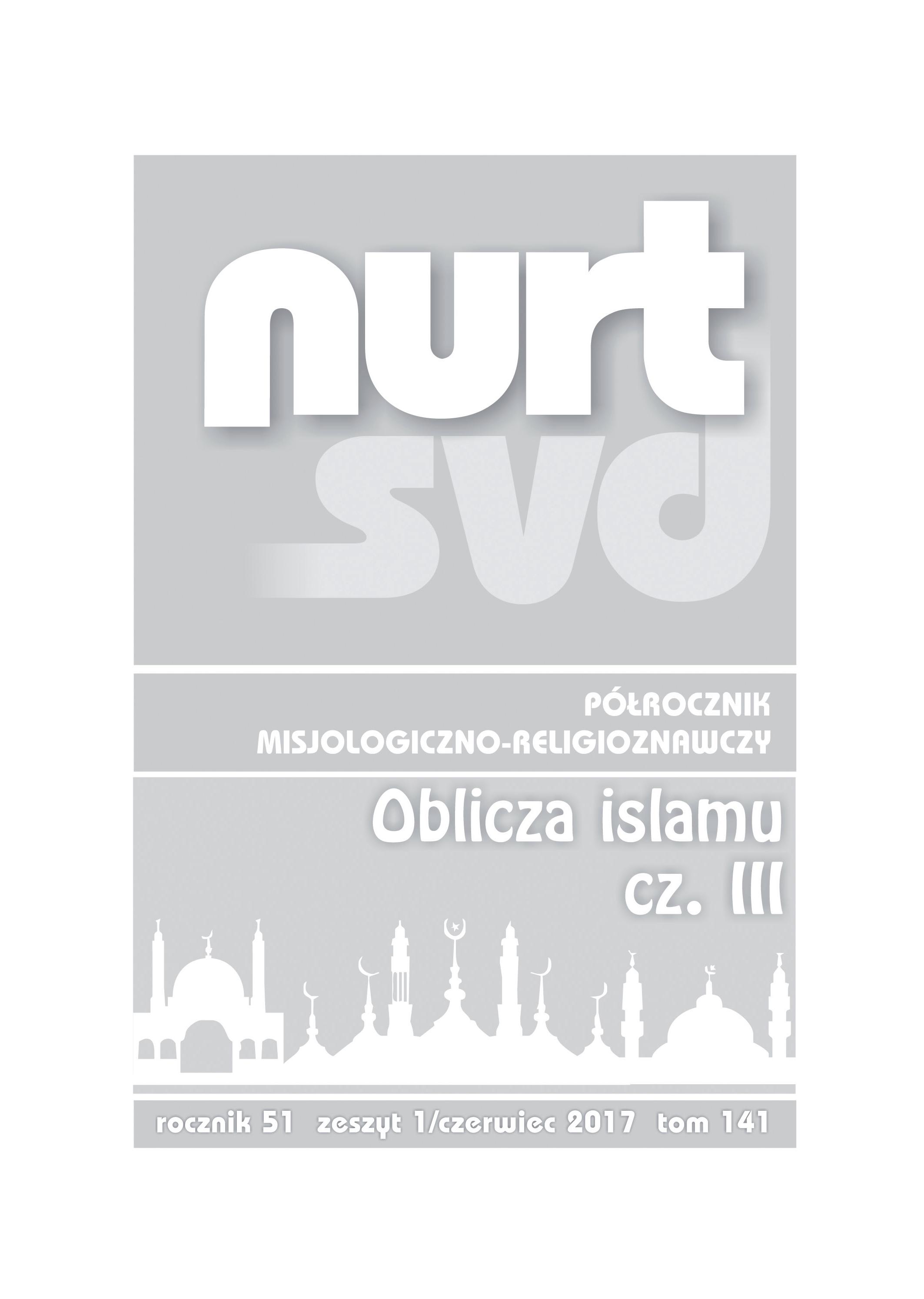Rahma i miłosierdzie – (nie)adekwatność pojęć
Rahma and Mercy – (in)adequacy of the terms
Author(s): Beata Abdallah-KrzepkowskaSubject(s): Islam studies, History of Religion
Published by: Verbinum
Keywords: Quran; mercy; rahma; cognitivism; conceptualisation
Summary/Abstract: The article addresses the perplexing issue of rendering the meaning of the Quranic terms into other languages as close and faithfully as possible. The word for the case study here is miłosierdzie. The methodology employed is the conceptualisation of the word rahma, which the Quran transmits as the idea of mercy, within the constraints of the semantic-lexical field. The analysis is centered around the meaning of the term and types of metaphors, connotations and lexemes transmitting that meaning.The differences in etymology of both terms are quite interesting. It is especially important in the case of the semitic languages, where the meaning of the word is conveyed by its root. The root for rahma is rhm. It invokes the ideas of a bond, blood relationship, maternal love and affection. Polish word miłosierdzie elicits similar feelings as the Latin misericors, though the latter had originally had a rather negative connotations (miser – poor, wretched, miserable, unhappy). The adjective miły used to induce somewhat negative sentiments right up to the 16th century. Its etymology reveals a very close association of the word with the Greek philosophy and the ideas of the feudal society. The etymology of the Polish term miłosierdzie rescues the ability of the word to point to the inner sanctum of man, the depths of his being as the fountainhead of his feelings and their natural habitat. At the same time, however, it deprives it of its symbolic surplus of friendship, intimacy, family bonds and maternal feelings; all of which are present in the semitic languages.
Journal: Nurt SVD
- Issue Year: 141/2017
- Issue No: 1
- Page Range: 224-237
- Page Count: 14
- Language: Polish

